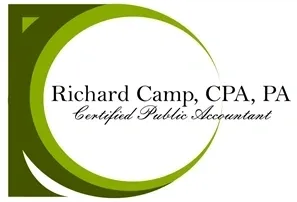
Tax Issues
A predominant theme running through tax law is the encouragement of business activity. Ordinary and necessary business expenses are generally tax deductible while expenses incurred for personal reasons or pleasure are not. This distinction is particularly difficult to make in the area of travel, entertainment, and business gift expenses because these expenses have both personal and business components.
Out of concern that taxpayers may attempt to deduct otherwise personal expenses, tax laws were enacted to subject these types of business and investment expenses to special limitations and requirements for deductibility. In the area of documentation specified records must be kept to support a business deduction. Furthermore, certain types of expenditures may be limited or disallowed. For example, business meals and entertainment are only 50 percent deductible. However, the exceptions apply which may allow 100 percent deductibility. Claiming these deductions without regard to limitations or proper documentation retention can result in substantial tax, penalties, and interest when the deductions are disallowed. Alternatively, failure to utilize certain tax-planning techniques can result in missed deductions and overpaid taxes.
Why should you care so much about these rules? Although IRS examinations vary from taxpayer to taxpayer, one thing inevitably remains constant: the IRS examiner will likely review your travel and entertainment expenses and related documentation. The IRS is quick to investigate these expenses because more often than not taxpayer abuse and failure to keep required records leads to immediate audit adjustments. Your understanding of what documentation is required will help ensure that your deductible business expense does not get disallowed!
